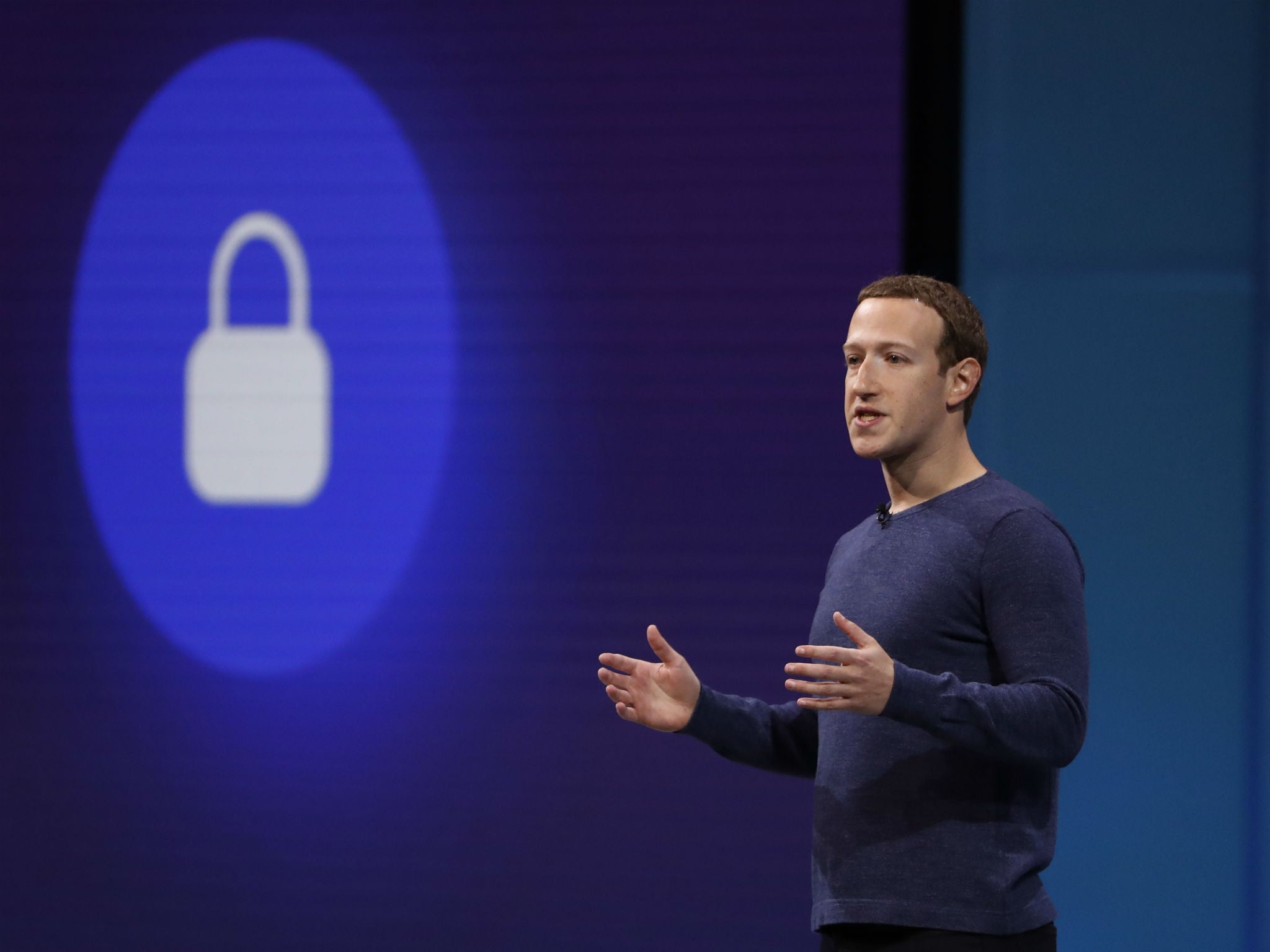Facebook stock price plunge: Mark Zuckerberg loses around a fifth of his net worth in dramatic share drop
The initial drop took the founder's wealth down by $17bn

Your support helps us to tell the story
From reproductive rights to climate change to Big Tech, The Independent is on the ground when the story is developing. Whether it's investigating the financials of Elon Musk's pro-Trump PAC or producing our latest documentary, 'The A Word', which shines a light on the American women fighting for reproductive rights, we know how important it is to parse out the facts from the messaging.
At such a critical moment in US history, we need reporters on the ground. Your donation allows us to keep sending journalists to speak to both sides of the story.
The Independent is trusted by Americans across the entire political spectrum. And unlike many other quality news outlets, we choose not to lock Americans out of our reporting and analysis with paywalls. We believe quality journalism should be available to everyone, paid for by those who can afford it.
Your support makes all the difference.Mark Zuckerberg has lost a fifth of his net wealth, amid a violent and dramatic plunge in the price of Facebook’s shares.
The company announced overnight that its user growth and revenues had missed expectations.
Investors disappointed in the news immediately sold shares, sending the price of the stock plunging by 20 per cent.
Mr Zuckerberg said during the announcement that the problems were caused by a variety of issues, including new investment into security and data regulation.
Facebook’s monthly active user count was 2.23 billion, slightly behind the 2.25 billion forecast by analysts.
Although Facebook’s monthly active users were up 11 per cent year-on-year, growth had fallen flat in the US and Europe, its key advertising markets. Europe’s fall was partly down to the rollout of GDPR, the company told investors.
Revenue estimates also fell short, reaching $13.3bn, as the company continues to deal with fake news and privacy issues in the wake of the Cambridge Analytica scandal by investing in improved security controls.
“As I’ve said on past calls, we’re investing so much in security that it will significantly impact our profitability,” CEO Mark Zuckerberg said in an earnings call.
“We’re starting to see that this quarter.”
Facebook warned investors that it expected revenue gains to slow down because of users utilising options to limit advertising on the social network.
“Our total revenue growth rate decelerated approximately seven percentage points in Q2 compared to Q1,” warned chief financial officer David Wehner.
“Our total revenue growth rates will continue to decelerate in the second half of 2018, and we expect our revenue growth rates to decline by high single-digit percentages from prior quarters sequentially in both Q3 and Q4.”
Some analysts have also put the fall down to social media reaching its peak.
“Teens are abandoning – or just not joining the site – as ‘oldies’ migrate there,” said Richard Holway, chairman at UK tech analyst house TechMarketView.
“Teens have been moving to Instagram, WhatsApp and Messenger. But now it looks as if overall usage is stalling.
“Indeed, daily and monthly users in Europe actually fell for the first time ever in Q2. GDPR undoubtedly played a part here.”
One area Facebook had reason to celebrate was in its other platforms, especially Instagram, which reached a milestone of one billion active years this quarter.
“We believe Instagram has been able to use Facebook’s infrastructure to grow more than twice as quickly as it would have on its own,” Mr Zuckerberg said.
“I’m really excited about video too, and this quarter we launched IGTV.
“People are watching less TV but more video, but most video is not yet optimised for mobile. IGTV will help solve that problem.”
Additional reporting by agencies
Join our commenting forum
Join thought-provoking conversations, follow other Independent readers and see their replies
Comments